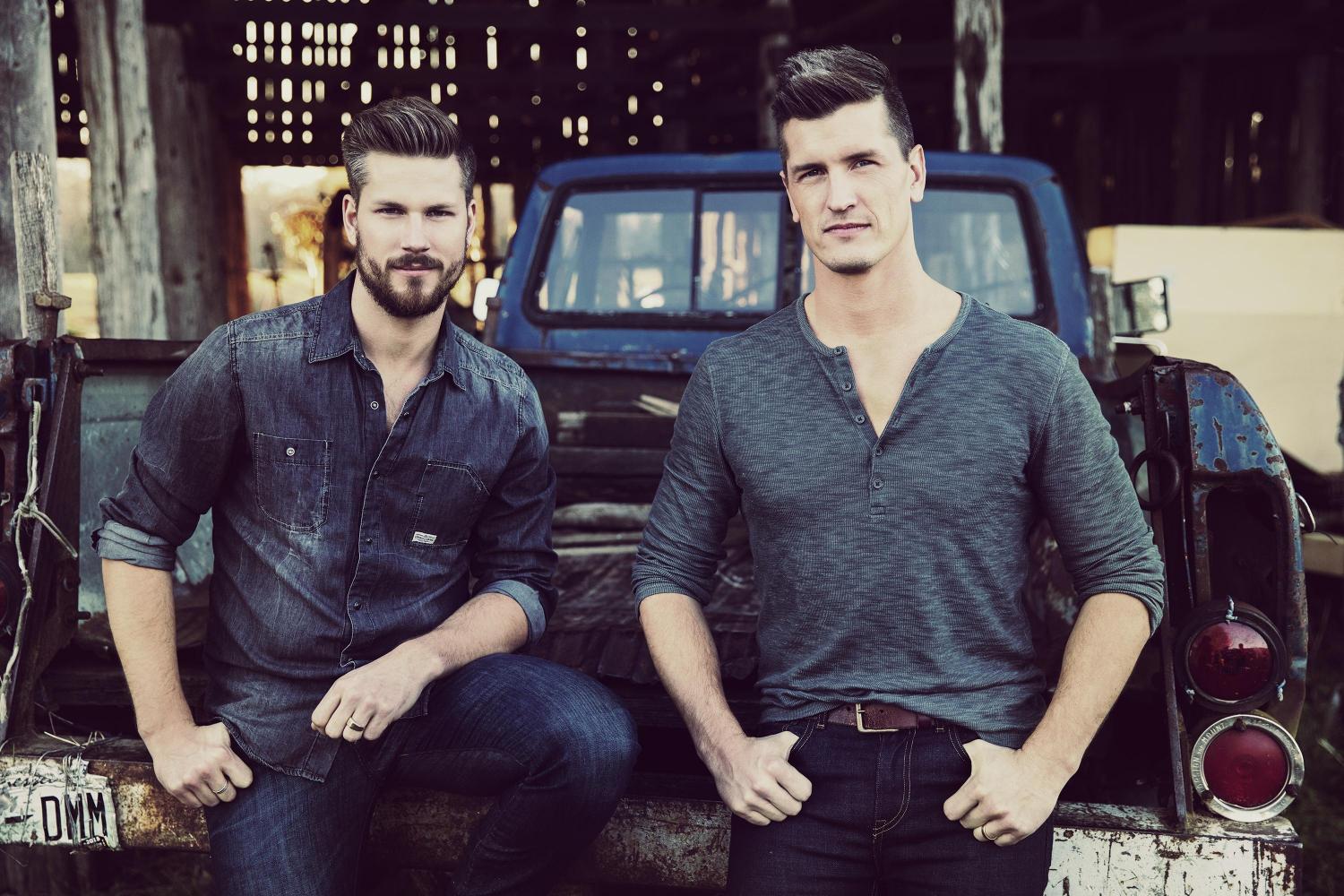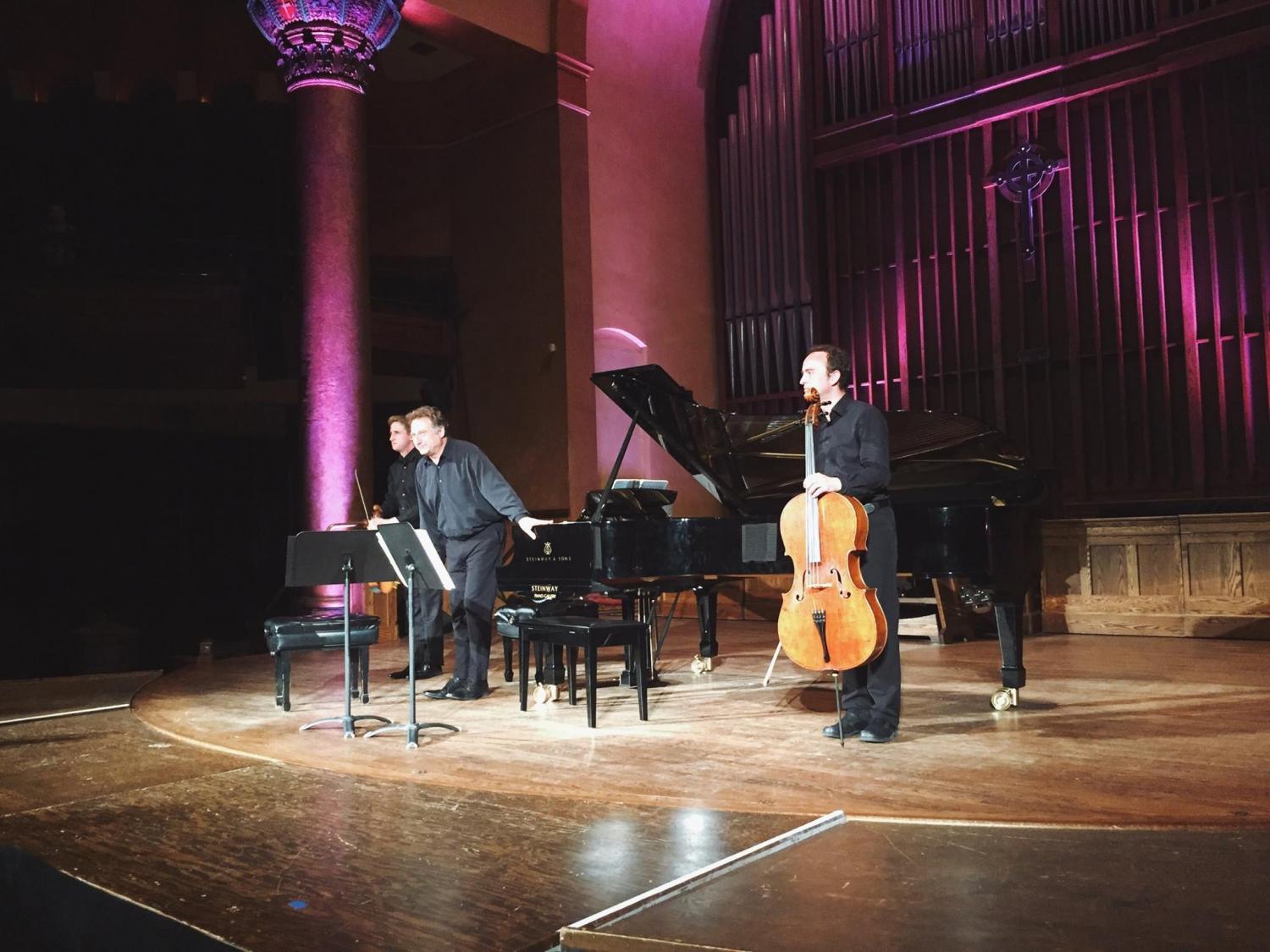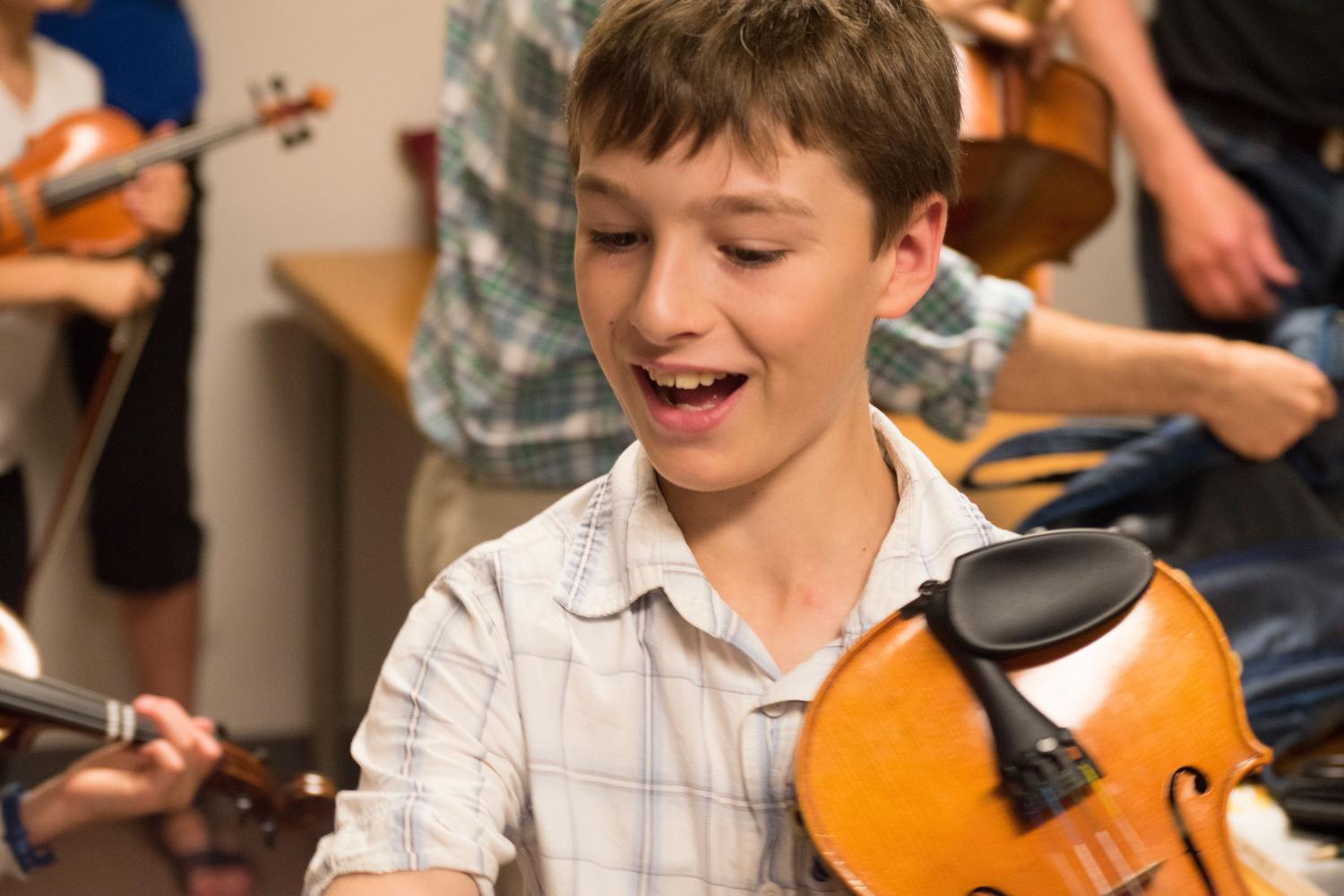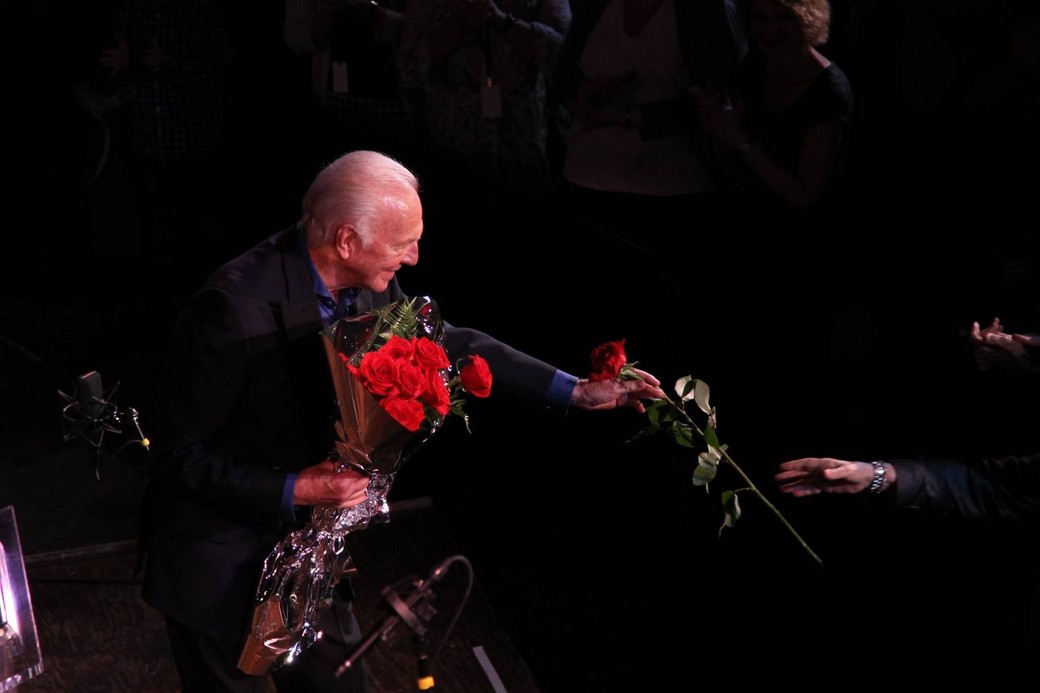
Bluesfest Preview: Q&A with High Valley’s Brad Rempel
 Ottawa Life’s Festival City Series is back! We'll provide a unique look at some of your favourite events.
Ottawa Life’s Festival City Series is back! We'll provide a unique look at some of your favourite events.
We’ll go beyond the music with artist interviews, volunteer profiles, concert reviews and spotlights on
the tastes, sights and sounds of the festival season.
Your city! Your festivals and events!
Like a good sunscreen, Ottawa Life has you covered.
Photos curtosey of Warner Music Canada
If you’re going by the group’s description over on the RBC Bluesfet website, High Valley’s show tomorrow night on the Claridge Homes Stage will be unlike anything country music fans have heard before. That’s a pretty strong accolade but it's one Alberta brothers Brad and Curtis Rempel keep living up to. You got to wonder, though, in peak form with a craft they started shaping out in the prairies and made their own in Nashville, can High Valley get much higher?
You better believe it!
Though they’re Mennonite, middle-of-nowhere upbringing didn’t necessarily acquaint them with Billboard’s Top 100, they’ve had no trouble making their way up the charts with six Top-10s, and three Gold certifications.

We caught up with Brad Rempel on High Valley’s latest tour to talk about their move to Music City, the importance of their faith and new album Dear Life.
Ottawa Life: It’s not always you see siblings drawn to finding a career together (let alone, at least at the outset, three!). I mean, I just think of the rivalry between my brother and I over who got to sit where at the supper table or watched what on T V. How would you describe your relationship growing up?
Brad Rempel: Even before the band was formed, all of us kids would do almost everything together. 3 girls, 3 boys. We didn't have any tv to watch or radio to listen to, and we lived way out in the country, so we'd stay home and create our own entertainment as a family.
Do you find that has changed at all since forming the band and having to work together on a more professional basis?
Now that we have the option, we definitely try and give each other our space. We get along great, but we have our own hobbies, groups of friends, etc so we get some alone time when we're not on the road together.
Your music is rooted in country and bluegrass. Were you both inspired by similar music growing up or did you each bring something different into the household, so to speak?
We literally had no options. Growing up the only way we heard music was on the record player. We mainly listened to Ricky Skaggs records. When we were older our sisters brought home CDs. Primarily 90's country vocal bands. So we had a ton of Diamond Rio, Alabama, Shenandoah and Blackhawk pouring out of the stereo.
You mentioned before how you were cut off from a lot of the world’s pop culture growing up in La Crete, Alberta. What were some of the things you’d do to fill your time?
Like many small Canadian towns, Hockey was a huge part of our lives. We also played High School basketball and rode dirt bikes and four wheelers in the summer.
How do you feel you are better off not having the influences or distractions you might have had in the city?
The main positive of not having as many distractions is that we were forced to be creative. We're extremely thankful for that.
Your Mennonite upbringing has been talked about in regards to helping foster elements of your later success. Would you agree/disagree and why?
Mennonites are known for strong family values, working hard, baking some amazing homemade meals and being incredibly thrifty. It's been a very long road for us and we had to pinch pennies big time for the first few years. We kept our heads down and had faith that we were doing the right thing. It's been cool to share our Mennonite values with the world and run into fellow Mennonites all over the planet. Of course anytime someone offers to cater us a Mennonite meal, we don't pass it up!
As you’ve become more successful with your music, how do you find the faith of your upbringing still applies in your day to day?
Our Christian faith is number one priority in our life on stage and off stage. The values we grew up on are the same values we now pass on to our children. Thankfully, our success or lack thereof doesn't make any difference to who Jesus is or why we put our faith in him.
That faith certainly applies to your music. Whereas much country is about drinking, trucks and broken hearts, your music is a lot more laid back. What themes do you best enjoy exploring?
I've always said that we'd keep our songwriting real. Country fans are very smart. They can tell when you believe what you're singing about or when you're just trying to get played on the radio. A lot of artists write drinking songs and they are real and true about their lives. We've been known to write songs about Faith, Family and Farming. Those are things that we know about and can write about honestly.
 Country often walks hand in hand with faith. I think, say, of Johnny Cash or more mainstream country musicians doing gospel albums. Why do you feel this is?
Country often walks hand in hand with faith. I think, say, of Johnny Cash or more mainstream country musicians doing gospel albums. Why do you feel this is?
Alot of country artists, ourselves included learned how to sing and play in church. Many of the melodies on the Dear Life album can be traced back to hymns that we grew up on .
You’ve personally credited your parents for a lot of your motivation. What were some of the most valuable things you learned from your folks?
The first time we ever played the Country Music Awards show in Vancouver we were on top of the world. We got home a day later and our Dad had us out on the farm with shovels in our hands helping him load a grain truck with some wheat. Whenever we see them they never treat us any differently no matter how many people were in the autograph line the night before.
Now, you started recording at an insanely young age. In fact, Brad named the band when you were, what, five? Can you tell me a bit about the radio show you two created as kids?
Our parents bought me a cassette recorder. I went ahead and recorded a "radio show" where i did the news, weather, sports, introduced the songs, and sang the songs. The band was always called High Valley.
Obviously, you worked well creatively together. Zipping ahead, what goes into your writing process in collaborating on song or do you tend to work separately before presenting one another with an idea?
I do the songwriting. My favorite place to write is in Pensacola Beach, Florida. My wife and I take our kids down there a few times every year. Our producer (Seth Mosley) and his family have started joining us along with one of my favorite cowriters (Ben Stennis) and his family. We hang out at the beach or in the pool for half the day, than write and record demos the rest of the day. 4 of the songs on Dear Life were created and partially recorded in Pensacola Beach.
You started taking off here in Canada. When did you two start to realize that that audience was growing?
in 1999 our Dad got a call from a scam artist in Nashville saying he wanted a crazy amount of money to turn us into "stars." Thankfully Dad never fell for the scam, but that call got the wheels turning and began our trips to Nashville and other parts of the world in pursue of a music career.
As your popularity rose here you opted to head south to Nashville. What went into making that choice to move?
We actually signed a record deal in the USA first in 2007. After working down in Nashville and staying in extended stay hotels for a few years we had our first top 20 Canadian single in 2009. After that I moved to Nashville permanently and kept writing songs and releasing them in Canada. The first time we had any success on US radio was 2013 and our first top 20 hit stateside was in 2016. It's been a long, crazy road!
What were some of biggest shifts you experienced after heading Stateside?
We worked in the US first before we worked in Canada so I'd say the biggest shift when we released in Canada was how tight knit the community was as far as country music is concerned. We felt like we could get to know everyone really well by hitting a couple events like the Juno Awards and CCMA awards. Everyone was immediately very supportive.
Did you feel like you were newcomers all over again when you started up in Nashville despite the popularity in Canada?
About 7 years ago I joined a hockey team in Nashville called the Hitmen. The team is filled with so many music industry executives. So most of the big meetings we took in Nashville were easy because instead of viewing the record label and publishing company staff as intimidating, i could talk with them about last night's game.
Folk and rock and bluegrass all found this unique way to mesh and achieve popularity for bands like Mumford and Sons and the Avett Brothers. Why do you think your style of music has found a niche over the last few years when, separately, they’ve been around for decades?
We believe everything happens for a reason and our long road has taught us a ton about patience. Some of the songs in our live show today we have literally been performing for 20 years. I remember when i started noticing a shift. I heard the Lumineers on pop radio and called Curtis. I said "Hey, they're playing bluegrass on pop radio now. I bet country radio will start playing us soon!"
I’ve read that Brad is the serious bro and Curtis the fun one. How do you find your personalities compliment one another?
When we go for a business meeting Curtis keeps it chill and light hearted so nobody gets bored. I make sure before we leave that we chatted about whatever the reason was for the meeting.
You’ve shared the stage with Alan Jackson, opened for Shania Twain. What is your most unbelievable moment thus far in your career?
Two days ago I was at the Stanley Cup Final game 6 and I got to chat with Shania for a little bit. It was pretty amazing to thank her for having us out on tour only moments before we hit the road with Tim & Faith on the Soul 2 Soul tour! Ricky Skaggs recording Make You Mine with us and singing it with us at the Grand Ole Opry is still the craziest thing that's ever happened to us!
The new album Dear Life has an excellent mix of more traditional sounds with your self-dubbed “pop-grass” sound. How did you shape this recording and balance out both styles in your music while building on the success of your hit single “Make You Mine” and the audience it attracted?
After we signed with Warner Brothers we all of a sudden had access to all kinds of super famous studios, producers etc. In one of our first production meetings the A&R staff encouraged us to keep going to the beach and recording at the beach house and in our buddies home studio just like we had in the past. We didn't want a big budget to get in the way of how we'd always done things. I show up with an old school bluegrass melody or some idea that sounds like a hymn. Our producer and cowriters help stretch the idea to something that sounds like 2017. It's a beautiful balance.









